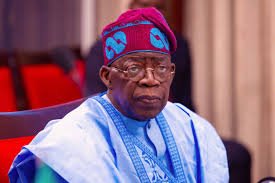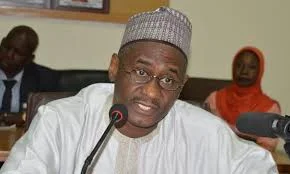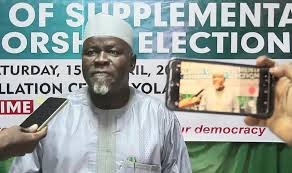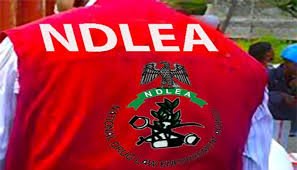Africa’s richest man, Aliko Dangote, has made a surprising offer to sell his $19 billion oil refinery to Nigeria’s state-owned energy company, NNPC Limited, amid escalating disputes with regulatory authorities and equity partners.
In an interview with PREMIUM TIMES on Sunday, Dangote started, “Let them (NNPCL) buy me out and run the refinery the best way they can. They have labelled me a monopolist. That’s an incorrect and unfair allegation, but it’s OK. If they buy me out, at least, their so-called monopolist would be out of the way.”
The 650,000 barrel-per-day refinery, which began operations last year after a decade of construction, was designed to reduce Nigeria’s dependence on imported fuel. However, it has faced significant challenges since its inception.
Dangote expressed frustration with the current situation, saying, “We have been facing a fuel crisis since the 70s. This refinery can help in resolving the problem but it does appear some people are uncomfortable that I am in the picture. So I am ready to let go, let the NNPC buy me out, run the refinery.”
The refinery has been operating at just over half its capacity since January, partly due to difficulties in sourcing crude oil. International producers are either demanding high premiums or claiming unavailability of supply. NNPC Limited, which had previously agreed to a 20% equity participation, has delivered only 6.9 million barrels of oil to the plant as of May, according to S&P Global Platts.
Adding to the refinery’s challenges is a recent dispute with the Nigerian Midstream and Downstream Petroleum Regulatory Authority (NMDPRA). The authority’s chief, Farouk Ahmed, claimed that diesel from the Dangote refinery and other modular refineries contains high sulphur levels, potentially harmful to vehicle engines and the environment.
Dangote refuted these claims during a tour of the refinery complex by members of the House of Representatives. Lab tests conducted during the tour reportedly showed that Dangote’s diesel had a sulphur content of 87.6 ppm, significantly lower than samples from other sources which exceeded 1800 ppm and 2000 ppm.
The billionaire businessman challenged the regulator to compare the quality of refined products from his refinery with imported ones, calling for an impartial assessment to determine what best serves Nigeria’s interests.
Reflecting on the current situation, Dangote said, “As you probably know, I am 67 years old, in less than three years, I will be 70. I need very little to live the rest of my life. I can’t take the refinery or any other property or asset to my grave. Everything I do is in the interest of my country.”
The ongoing disputes have led Dangote to reconsider his investment strategy in Nigeria. He announced plans to halt his investment in the country’s steel industry to avoid further accusations of monopoly.
The outcome of this dispute could have significant implications for Nigeria’s energy sector and its quest for self-sufficiency in fuel production.






















